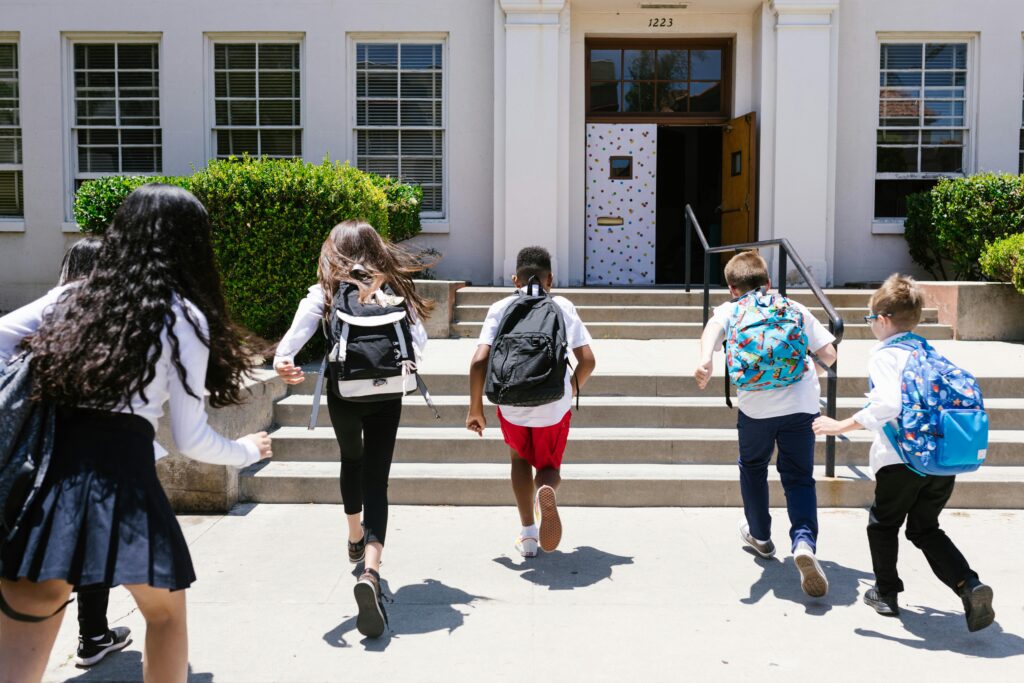By: Amy Fowler-Dawson, American Institutes for Research (AIR)
Children can’t thrive in unhealthy schools. Research continues to confirm what advocates have known for years: the physical environment of schools—air quality, lighting, noise, ventilation— impacts how students learn and how teachers teach. That’s why AIR has produced a new series of free resources designed to turn concerned communities into environmental health champions.
The Healthy Students Learn Better practice guides, developed by AIR with input from community leaders, help parents, educators, students, and advocates lead citizen science projects that improve environmental health in schools.
Making Change That Lasts
The guides walk readers through the steps of identifying environmental health risks, designing an action plan, securing funding, and mobilizing support from across the school and community. They feature actionable steps and tested tools—whether you’re creating a one-day lesson on air quality or leading a full-campus initiative on mold and moisture.
-
Practice Guide 1: Strategies and resources to measure, improve, and track school environmental health. This guide also includes guiding questions, activities, and resources to assess air quality, lighting, noise, and ventilation.
-
Practice Guide 2: Steps to empower students to lead citizen science investigations. It features real-world classroom activities that build STEM and civic engagement skills.
-
Practice Guide 3: Resources to find and access funding for school-based projects. The guide includes sample grant language, tips for writing strong proposals, and examples of successful school environmental health initiatives.
-
Practice Guide 4: Tips to rally your community and build strong partnerships. It offers messaging strategies to engage parents, educators, and local leaders, and shares case studies of community-driven change and coalition-building.
The guides don’t just offer instructions—they help communities spark real momentum. Students can ask hard questions, document their findings, and present solutions. Teachers and parents can support their work, advocate for policy change, and amplify their discoveries.
In the face of chronic underfunding and environmental challenges, these guides serve as a roadmap to empowered and informed action.
Download all four practice guides for free on AIR’s website.





